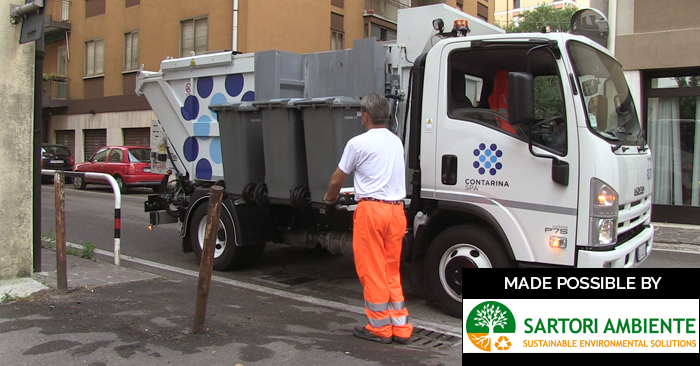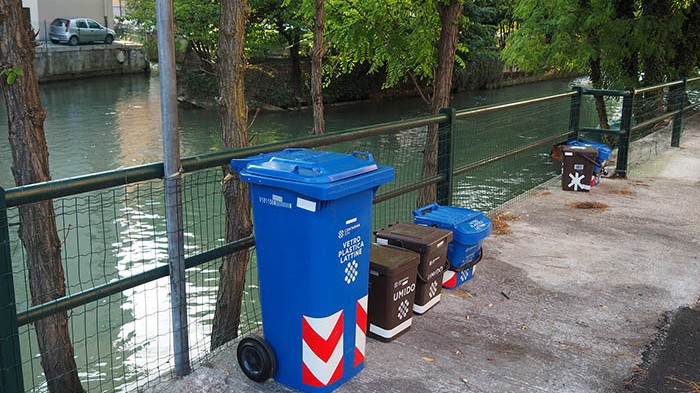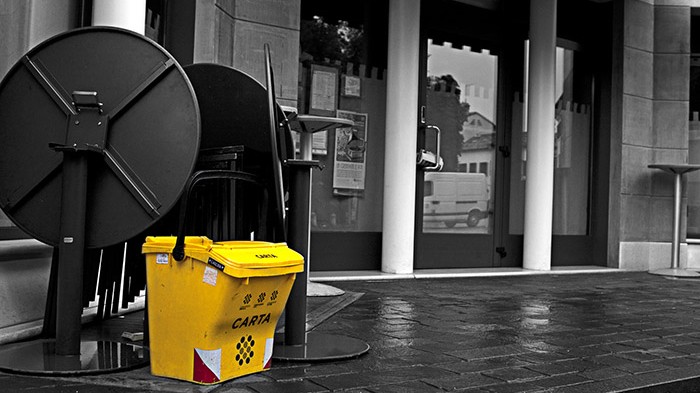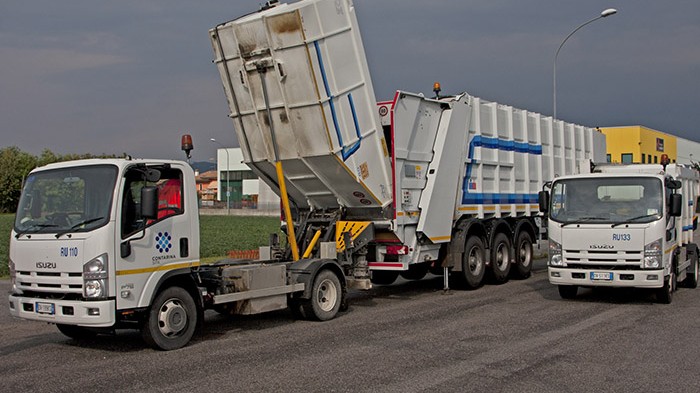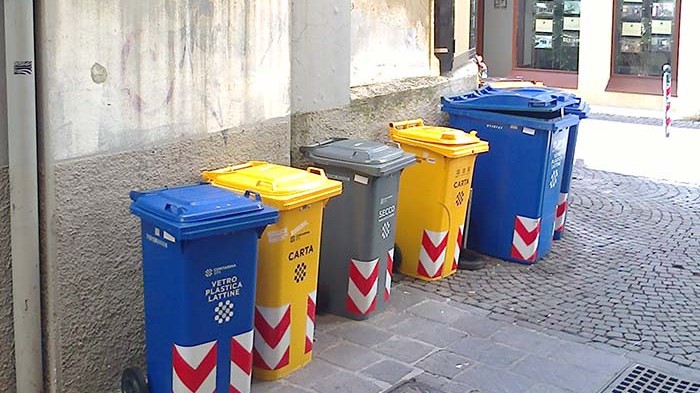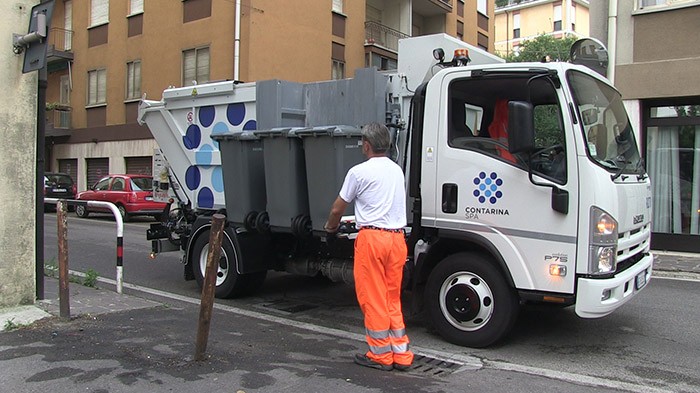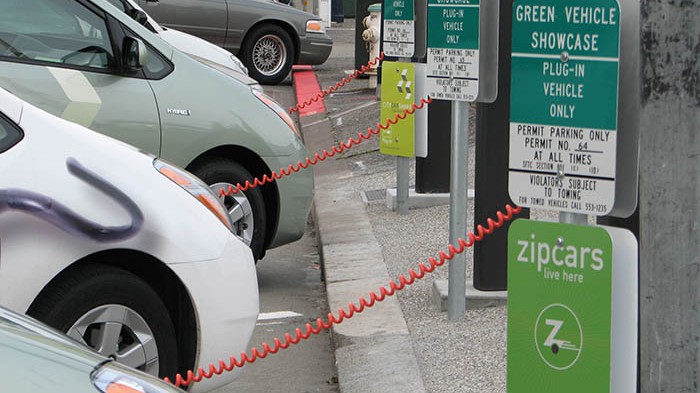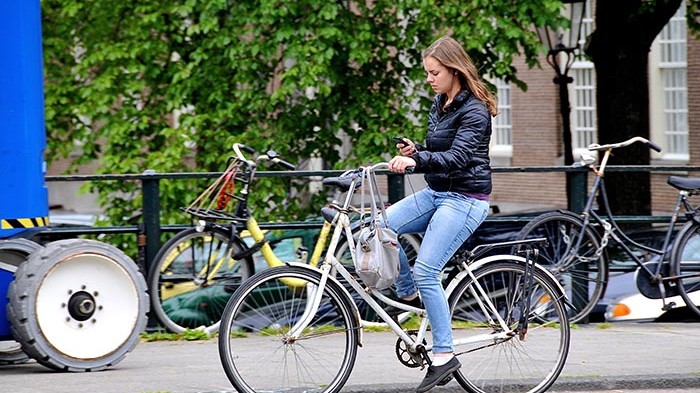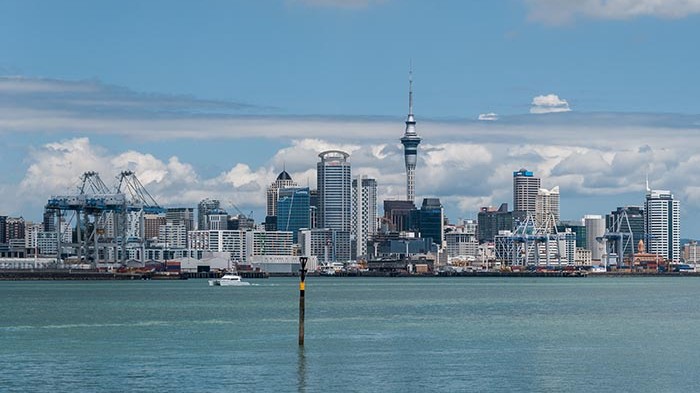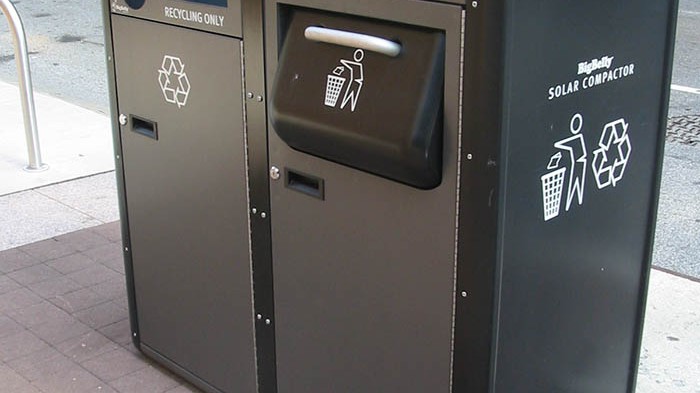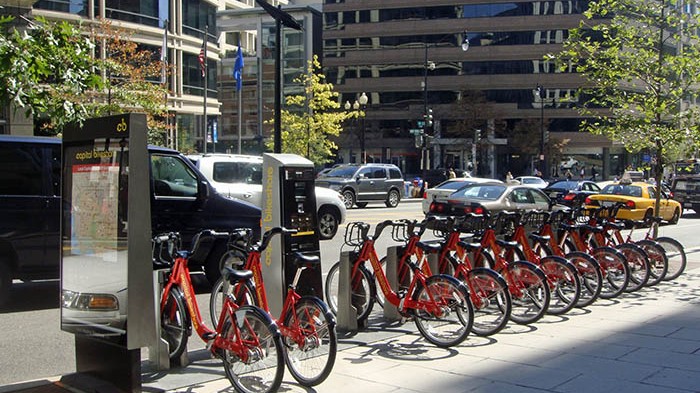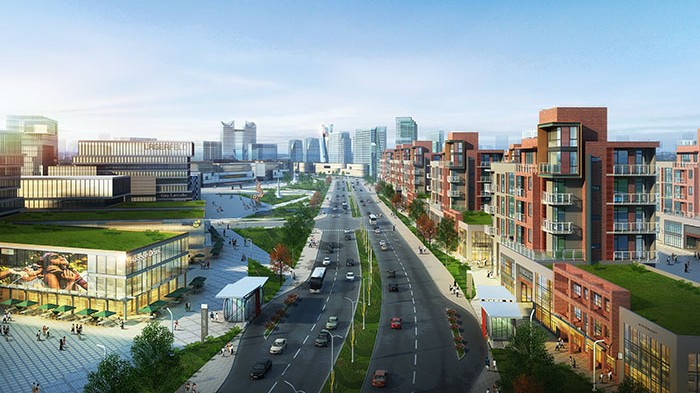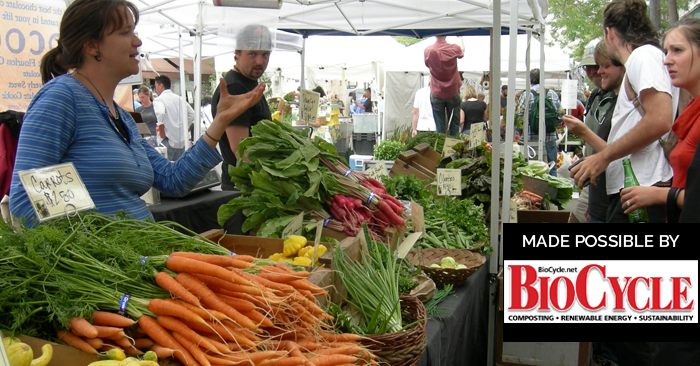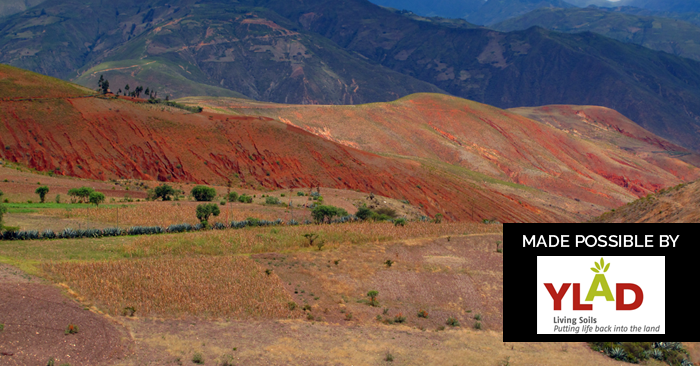[Retrospective] Soil Crisis #2: Soil & The Circular Economy: Building A Movement
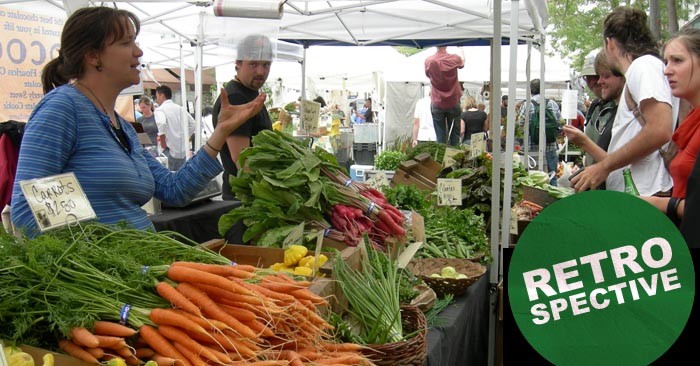
EPISODE SUMMARY
While we will continue to make new episodes, there are times when we feel the urge to highlight a past episode – because the topic it covers becomes news and the show shares some great insights, or because it is content that our newer listeners might have missed out on. Since last year was the International Year of Soils, we will be republishing a few of our best episodes about soil and soil health to get a fresh perspective in light of all the progress that has been made on the issue.
Today’s retro episode is about the circular economy, and how it can benefit our soils. Our guest is industrial and environmental economist Robin Murray. As a zero waste pioneer and a leader in the fair trade and environmental movements for many years, Robin Murray had an excellent perspective to give on our current efforts in making soil health a priority and the circular economy a reality. We discuss the opportunities we have for building a movement to change our current economic model to a more sustainable one, including existing models that we can learn from, the importance of education and centers of learning for the movement, and the roadblocks we might face along the way.
Links to other episodes in the Series:
Episode 1
–
LINKS:
Episode 1: Soil Crisis #1: A Need For Economic and Political Change.
Status of the World’s Soil Resources 2015, FAO Report
–
–
Transcript:
We talked in part one about the importance of soil health in human economies, and also about the potential for a shift to a more circular, distributed economy, and you were listing a few ways people have started to reconnect themselves with the soil with the slow food movement, community gardens and farms being opened up to the urban population and so on. But in relation to forming a different system, a different model of production and distribution, how important is education and knowledge sharing for fostering or encouraging these kinds of changes?
Robin Murray: What I would say is that the movements – both of people pressing on policy, but also the people who are actually doing it – tend to be global. So we established a Zero Waste movement here more than a decade ago, but it was part of an international Zero Waste International movement, and it was established in a number of different countries. And the internet has allowed a wide sharing of practices. And in the arguments in this country, the experiences of Canada and Australia – let alone elsewhere – have been very influential in saying “Look, this actually happens. This isn’t just a utopia, this is a different model”. And particularly as it develops, you then have new technologies coming in; light technologies, small distributed technologies, not great big centralised ones. These can be imported and then developed on your own here.
So, I think there’s a continuous process of self education, but one which is within a collective. If you look at organic farming, it is social knowledge, and people are not privatising this knowledge. They are sharing, and of course, this is what happened when we grew up; people would discuss particular problems. We had, believe it or not, an actual farmer’s discussion group, which my father used to go to, where people would come once a month from these hill farms to discuss common problems. Well now with the modern internet, you go much further and you can share. Having said that, I think there is a great need, and a role, for some formal structure of specialist education. Many countries have inherited this on the agricultural side, and in America that’s very important: those colleges have been absolutely central, and changing the approaches in those colleges, or opening up these colleges to these new systems is an important part.
There’s been nothing similar on waste. Waste is being treated as part of a technical college, but it’s done in a very old fashioned way and it needs a quite different approach. And I think now we must look to make it global, because many of the ways of looking at the thing are global, [even though] every place has it’s own specificity. But, I think this is where this new extraordinary development of Massive Online Open Courses, which are free, but you can also link into local discussion groups all taking these courses – and there are five million students on them. If one replicated that in terms of soils and in terms of nutrient management (in relation to biowaste)…knowledge is absolutely central – distributed knowledge is absolutely central, and I think probably this is going to be the key to a major change in the way in which we both think about our agriculture, and think about reconnecting it up.
I’m very glad you say that because that’s the whole idea being Compostory.org, and I agree that in the areas of waste or nutrient management, we really need to start working together and finding connections between groups of people all around the world. And from the work that we’re doing, we’ve come across so many different stories of people and groups doing unique and very interesting work…
RM: One of the examples which I found particularly inspiring in our work has been in Japan which, starting in the nineteen-sixties but really gathered in the nineteen-seventies, was a movement led almost entirely by women. And they had become concerned after a range of food scares, particularly around milk and the quality of milk, and its impact on their children – it was children who led the concern. And so what they did is they said, “Look, we’re not going to buy our milk from the supermarkets; we will go out and we will find farmers who we can talk to about how they produce their milk, and we can ask them to produce organic milk and we will then find a way of bringing it directly to us.
Well, they started with milk and then they expanded to other food items to begin with. And they were one of the very early developers of box schemes; and because quite a few of them, I suspect, before they were married worked in these Japanese factories, which were all electronic – not perhaps in the late sixties, but certainly in the late seventies and eighties – and were very well managed; they established this box scheme whereby the producers who they picked out and who they partnered with would bring what had been ordered to the central collection point. They’d all work – as mums – they’d go in there and they would sort the boxes out, and then they would distribute them to their own houses. They organised themselves in groups of six to ten households, which were called Han. Now, I’ve been involved in some box schemes, but my word, this is brilliantly done.
And they now – in the Seikatsu co-ops – have three hundred and thirty thousand households in their schemes. Three hundred and thirty thousand. And they’ve reached right back to the farmers, so that they completely side-step the supermarkets. And they’re doing it much more cheaply, so some of the supermarkets are going out of business. And what they do is, they take one product after another, they study it and do the testing, and they then work with the farmers on standards, and they jointly discuss why some standards are more difficult than others. And then they open it out and say “does anyone have any ideas about this farmer’s problems?” etc. So they act as almost crowd intelligence on this. Their aim is explicitly to show that these higher standards are possible, and then press politically for these to be adopted nationally. And so, they’ve formed local political parties, and they have a large number of local councillors who then press for these things within their local council, to change the standards. And then they combine, and press it nationally. This has changed the food economy, in terms of farming and its quality, but it has also changed the way food is thought about and then used and cooked in the home. And I think this is a model of how soil economy and the human economy have been brought back together.
That is fascinating, so essentially these communities have bypassed the middleman and gone straight to the source, taking control of the distribution and being directly involved with the producers. And do you think this model, this co-op model should be replicated, or would be the main way to go forward in the future?
RM: Well, I think that is one way. We should all say to ourselves, “Right, what can we do about this?” You quickly find that there are other people doing something about it, and some are better at it than others. But what is amazing is that the Seikatsu started in 1972, so that’s forty-two years, and they are still enormously strong. They’ve kept the principles very much to the centre. Whenever they have problems, they discuss it openly, and in terms of cooperatives – this is a very important point – what they’ve tried to do is always to retain a sense that you’re in control of the thing, and you’re not just voting for people to do it for you. So they’ve purposefully broken up some of their bigger organisations so that people feel that it is close to them. And if you don’t do that, very quickly you get experts and they start running it, and it becomes more like the old system.
Now this model: recently in South Korea, they’ve been copying the Japanese one. And they, within fifteen years have got four major food cooperative systems linking farmers and consumers. They’ve now got over half a million people involved, almost from a standing start. Now, it’s led in – as the Japanese put it: it’s not just “how to get nice food”, it is “how to live a different life.” How not to be what I think they call “the robotic consumer”. The role of the human being is not to be a robot or to be the prey of advertising and so on; it is to take this under your own control, and think about it, and participate in it, because that is actually what creating life is about. That’s their approach, so it’s not just the co-op – the co-op is an aspect of this. It is about a whole approach to the way we live our lives, in whatever we’re doing.
Yes, that’s incredible, and I can easily imagine that such a co-op system, since there is such a link between households and farms, could work to ensure that household organic materials like food scraps and so on, be properly disposed of and brought back to the farm for composting, because the consumers then understand the need for having a clean stream of organic materials for composters.
RM: Yes.
But then as a larger social movement, and we talked about the ways governments are sometimes slow to react to this kind of thing in part one, but when it comes to transitioning our current paradigm or economy into a circular economy – do you see any other opportunities, or ways to build the movement so that it can move up to the government level and make a real impact perhaps?
RM: Well, the political issue: I was referring to it in the way new paradigms are introduced, and I think the first thing is that it’s not done just from the top – it’s usually top-down and bottom-up going on at the same time. And in our cultures, you have to have people who have some kind of connection to this, and some experience of it, which is why I mentioned gardening and getting people involved. It means that they become interested in the new way of thinking. It’s almost like speaking a language.
One of the things we found in recycling is that if you introduce a scheme of boxes for recycling, that the interest in the environment – which in one borough in London was at about twenty-three percent before the scheme started – after people started recycling, within a year it had gone up to something like sixty-eight percent. What that taught me is that then people have a reason not to screen out difficult things. If there’s nothing you can do about something…like these terrible events in Sudan, for example: if you had a brother or sister working there you would be extremely worried, but otherwise it’s somewhere far away, and there are so many of these things going on, you’ve got to live a life. Now, in the environment, if you can be actively involved in a way which fits in with life, then you become more open to this, and then you are interested in it; and if someone stands up and says “I believe x, y and z”, you think, “Yes!”. I think the same is true of soil: the more people are involved (either in gardening, or community gardens, or whatever it would be), the more open they would be.
And then You’ve got to have the social movements, who are barefoot experts: people whose lives are this – thinking about it and explaining it, being the people to animate the movement. So you’ve got that. And out of that, incidentally (if we look at it in the long-term, and we have to), some people will say “Well, why don’t I go for the local council?” And some might even say, “Why don’t I go for Parliament?” You’re growing the crop like that.
At the same time, any social movement will then link-in with universities and link in with specialists, who themselves may be worried. I don’t personally know people who spend their lives on soils, but I am sure that many of them have real worries, they’re thinking: “How am I going to influence this?” So they become part of it, and you then can reach out to ministers – particularly if we have this wider sense of representation, and if there are events or constituencies which mean that people have to listen, and this is what politicians have to do. Then the politician is open to these different expertise – because there’s always contesting expertise. So, it’s partly a question of expertise and it’s party a question of what the political punch is behind it, and you can never do it with just one or the other.
Part of the great battles we’ve had in waste is actually in public enquiries. What I would call the old interests, they fund so-called science and consultants purely negatively in order to try and destroy the new arguments. And I spend a lot of my life in University, and coming from the University we were amazed that people are so instrumental about science; that they’re actually only looking for something which will argue a particular case – lead is a very good example; it took forty years to get lead finally banned from petrol. But, you know, what was then revealed (and it happens with drug companies as well), which is people who are financed don’t have to prove anything, just disprove whatever the argument is that they’re opposing.
So there is that part of the battle, and therefore people who are informed and who are able to relate to the new movement and the new paradigm (but also with the expertise necessary for that), they are part of the important mixture.
Yes, that is definitely true because there are a lot of interests at play here and as you say, not all of them fight fairly. That is definitely a challenge and leads into my last question, which is about the challenges that might crop up. We’ve talked a lot about campaigning and policies, and with your wealth of experience, I’m sure you’re well aware of the roadblocks that can crop up along the way. Can you tell me what kind of roadblocks are in our way, and is it something we can overcome easily, or is there still a way to go?
RM: I think there are many roadblocks along the way. One of them, if you work at all levels of government, will be financial. Mainly the Treasurer comes along and says, “Oh no, we’re not going to have that because we’ve got no money.” That is a constant, and particularly when you’re early on in the new disruptive technology. How to deal with this fact? Even if you say, “Look, in the long run it’s going to be better”, and so on, he or she is interested in the actual pound signs at the end – immediate, and during this years budget. So that will always be a factor. Very often, once things are established, then suddenly it actually becomes….And the same with waste – when we started off, it was more expensive to do our systems, but once we’d adopted the Italian system (which was based on food waste collection first, and then followed by the others and you needn’t have so much residual waste collection), suddenly we were able to save money and the finance officers became your friends, not your enemies.
Then the second lot are the lawyers, because laws will have been constructed and regulated around the old way of doing things, and then they may get worried. And there is also an issue, for example, the question of how you treat organic food waste – whether it’s heated to seventy degrees, or whether we need to put it up to eighty-four degrees. What are we losing through this? Can we think through that so that we don’t lose some of the micro-organisms as a result of this? what is going to be the effect? How does that come about? Well, the regulators just say, “Well that’s what it is”. So those negative forces come it, and you have to think through them positively, you know: “That is an issue, how do we deal with that issue?”
Then you have the interests, which may be both professional interests (that’s how we’ve always done it and how we’ve always organised it as well), and then you have the commercial interests, which are also strong. The organisational interests, I find, has been one of the big ones – which is government, and in this area in particular it’s local government – because they don’t want to have complexity. Simplicity – particularly now with contracting out, they don’t want to have to deal with a hundred different small contracts, they would love a simple contract, and then they monitor it.
So, how to actually have the interface between the government at any level, and those who are doing the work, in such a way that allows for that complexity – this is one of the very interesting aspects of modern public administration. But without it, what has happened in waste is that the big waste companies have effectively side-lined the community sector. In Canada, USA, Germany, I believe, and certainly in the UK it’s dominated by I think only four major companies now. They say they’re doing recycling, but they are certainly not upcyclers. They are profit maximisers who are used to dealing with residual waste, and who want large facilities the equivalent of the nuclear power plant (though not quite as dangerous as that). But that’s what they’re used to dealing with, and that’s what their large organisations can handle, whereas we want a much more complex ecology in order to do that.
So, those are some of the roadblocks, and I never like to think of them as barriers, because any creative process always finds a block or problem. The question is how to get round it – and in this case – what kind of alliances and coalitions you can build to get in between them, or to win some of them over and get them on your side? How do we do this? That, I think, is the art of what we might call transition – the politics of transition.
The art of transition – that’s a really nice way of putting it. And yes as you say, we need to be creative and open minded in order to succeed in what we’re doing. And I’m sure we’ve only scratched the surface of this topic now, but unfortunately Robin, that’s all we have time for today. Thanks a million for coming on, it was wonderful to have you on the show.
